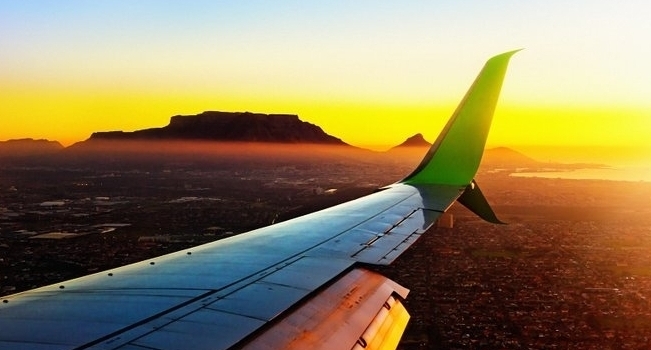Quarantine measures hamper aviation restart in Africa, Middle East
The International Air Transport Association (IATA) has called on governments in Africa and Middle East (AME) to implement testing as an alternative to quarantine measures when re-opening their economies.

September 18, 2020: The International Air Transport Association (IATA) has called on governments in Africa and Middle East (AME) to implement testing as an alternative to quarantine measures when re-opening their economies.
Thirty-five countries in Africa and the Middle East have government-imposed quarantine measures in place. This is an increase of seven countries since August. The impact is that the region effectively remains in lockdown despite borders being open. Recent public opinion research showed that 88 percent of travellers would not even consider traveling if quarantine measures were imposed on travellers at their destination.
“Mandatory quarantine measures stop people from traveling. We understand that governments’ priority is on protecting the well-being of their citizens. Quarantine destroys livelihoods. Testing is an alternative method that will also save travel and tourism jobs,” said Muhammad Albakri, IATA’s regional vice president for Africa and the Middle East.
The latest IATA survey of passenger attitudes, in the United Arab Emirates (UAE) shows 72 percent of people surveyed agreed that those who test negative for Covid should not have to quarantine, and that 80 percent of people feel that Covid-19 is sufficiently under control in the country to open borders.
Quarantines, closed borders and travel restrictions continue to decimate travel demand in Africa and the Middle East. Traffic levels in Africa and the Middle East saw the largest drop of all regions in July compared to 2019 levels. Total passenger traffic in Africa in July 2020 was 93.7 percent below 2019 levels and in the Middle East 95.5 percent below 2019 levels.
Aviation supported more than 6.2 million jobs and $56 billion in GDP in Africa and 2.4 million jobs and $130 billion in GDP in the Middle East pre-Covid-19. The economic impact of the collapse in air traffic in 2020 due to Covid-19 could be 3.5 million lost jobs and $35 billion in GDP in Africa and 1.5 million lost jobs and $85 billion in GDP Middle East.
“Testing provides a safe alternative to quarantine and a solution to stop the economic and social devastation being caused by Covid-19,” said Albakri.


